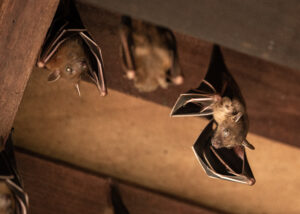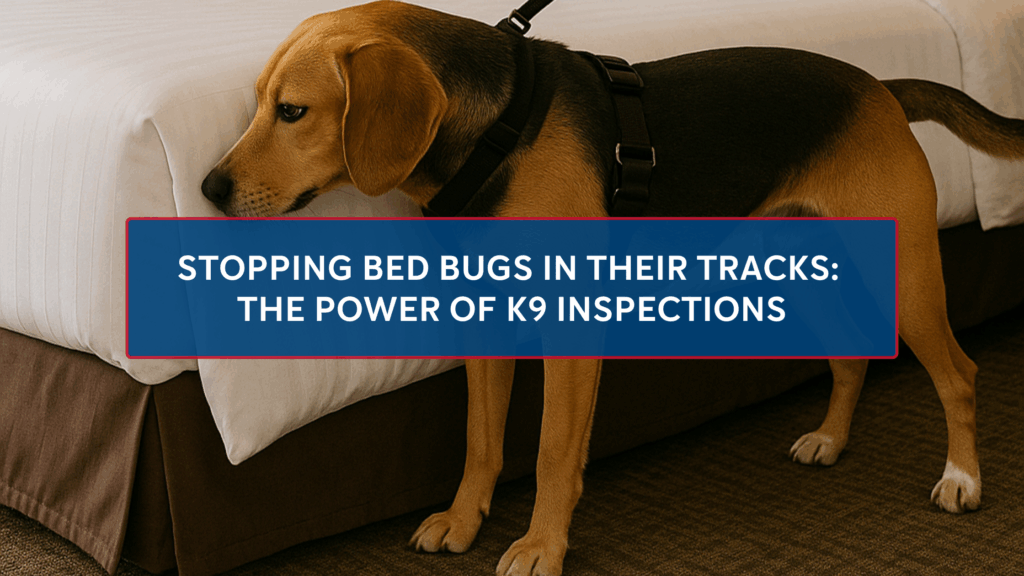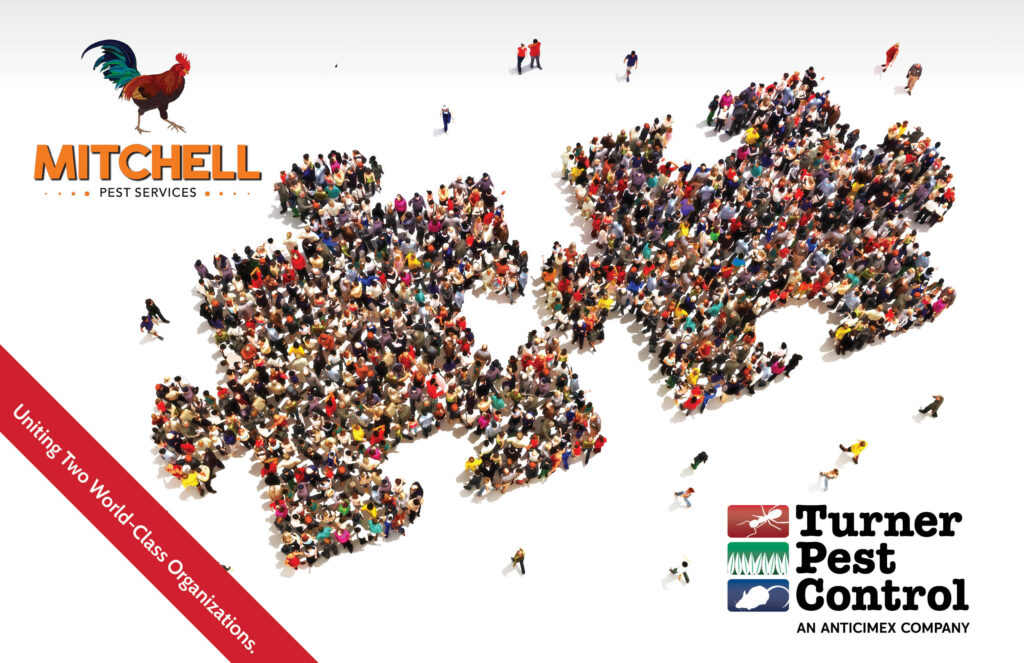
In Florida, we are home to 13 native bat species, although up to 20 different species have been identified. The Brazilian free-tailed bat is the most seen bat in our state. Each night, bats travel up to 30 miles from their roosts, flying at heights of 20 to 50 feet in search of food.
While not all bats in the U.S. are protected under the Endangered Species Act, these often misunderstood nocturnal creatures play crucial ecological roles that benefit us all. In Florida, bats are safeguarded by the Florida Administrative Code rule 68A-4.001. According to the U.S. Fish & Wildlife Service, bats save the U.S. economy an estimated $1 billion annually by reducing crop damage and the need for pesticides. Despite these benefits, some view bats as pests, especially if they establish colonies in human-inhabited spaces like attics or crawl spaces.
Concerns about bat guano, which can be a potent fertilizer but also a source of harmful fungus spores (causing Histoplasmosis), underline the need for coexistence strategies that don’t involve direct human contact. Constructing a bat house in your backyard, placed at a safe distance from your home, offers a win-win solution: bats get a habitat, and you get the benefits of natural pest control without the risks.
Batty Misconceptions & Benefits
Misconceptions about bats, such as their supposed danger of spreading rabies (less than 1% of bats contract rabies), underscore the importance of informed coexistence. Bats rarely pose a threat unless directly threatened themselves. If you encounter a grounded bat or need to relocate one, it’s best handled by wildlife professionals at Turner due to safety and conservation concerns.
Despite their benefits, bats face significant threats from habitat loss, climate change, and disease. Protecting natural habitats and raising awareness about the importance of bats in ecosystems can help mitigate these threats. Bats are crucial pollinators in many areas of the world, for many plants, including economically important crops like bananas, mangoes, and agave (used to make tequila). Their role in pollination contributes to biodiversity and agricultural productivity.
In addition to insect control and pollination, bats also play a vital role in seed dispersal. By consuming fruits and then dispersing seeds through their droppings, bats contribute to forest regeneration and the maintenance of healthy ecosystems. Educating communities about the benefits of bats and providing guidance on responsible interaction can foster coexistence while minimizing conflicts between bats and humans.
Bat Maternity Season Ends & Exclusions Begin
August 14 marks the end of bat maternity season, which means August 15th Turner Pest Control will begin bat exclusion work for residential and commercial properties. During maternity season (which runs from April to August), we’re not allowed to perform exclusion work because during this period, bats give birth and raise their offspring.
If you do find yourself under the same roof as a bat colony, please follow professional guidelines for bat exclusion or our wildlife control team can take care of that for you.



